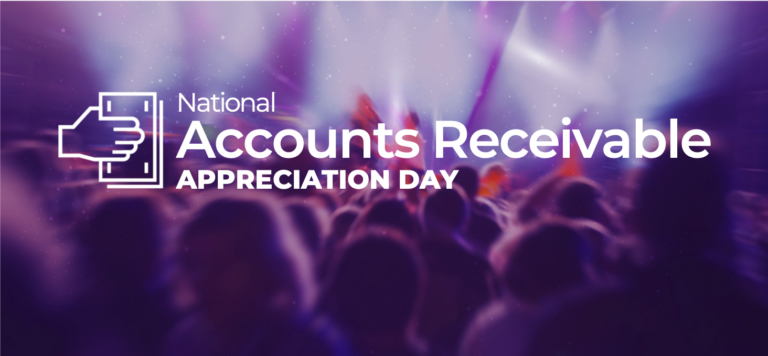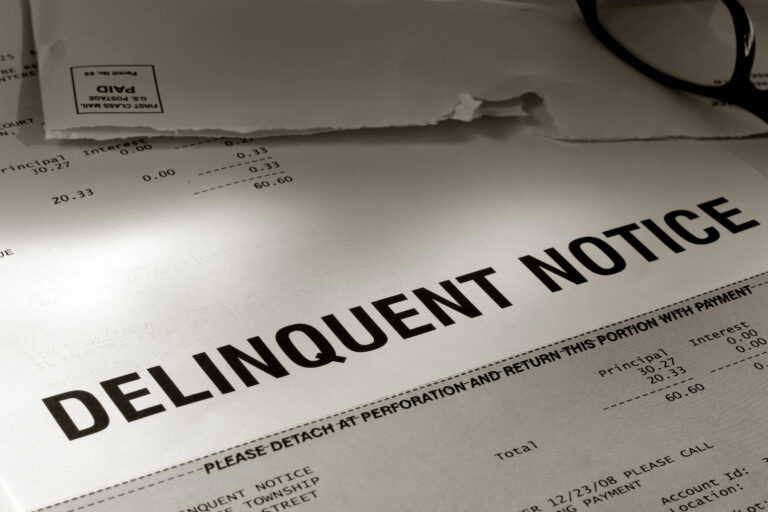With so many electronic payment options and new financial technology acronyms flying around every day it can be tricky to keep up. One question we hear frequently has to do with the difference between ACH and EFT as forms of payment. Let’s break it down.
EFT stands for Electronic Funds Transfer. EFT is an overarching term that describes and includes several types of payments including—you guessed it—ACH. In addition to ACH, types of EFTs include wire transfers, direct deposits, ATM transactions, debit card transactions, electronic checks and even pay-by-phone transactions.
ACH stands for Automated Clearing House Network. ACH transactions transfer money and information from one bank account to another. ACH can take the form of direct deposit or direct payment transactions. ACH payments can be recurring or one-time.
If you’re making a payment, whether via ACH, any other type of EFT or other payment methods like credit card, it’s useful to find out if there are any convenience fees associated with how you want to pay. While certain payment methods may be more convenient than others, you’ll want to factor in the total cost of the transaction before paying.
If you’re a business collecting payments from customers, the same thinking applies. Depending on which payment processor you use there are various rates and fee structures associated with ACH and other payment methods. Sometimes when faced with transaction fees, businesses look for ways to pass that cost along to customers. Before doing that, however, it’s important to familiarize yourself with rules, regulations and customer expectations concerning both convenience fees and surcharges.
Are you with a business looking to accept ACH and other forms of payment? Invoiced makes it easy to send bills, reminders and provide your customers with a simple, online payment portal to pay through which ever methods you make available. You can even provide ACH payment capabilities in conjunction with subscription billing and sign-up pages. Start a free 14-day trial.
In addition to supporting more than a dozen different payment processors, we also offer our own integrated payments service called Invoiced Payments, powered by Chase. In addition to providing instant onboarding and competitive transaction rates, Invoiced Payments offers same-day deposits for Chase business banking clients.




